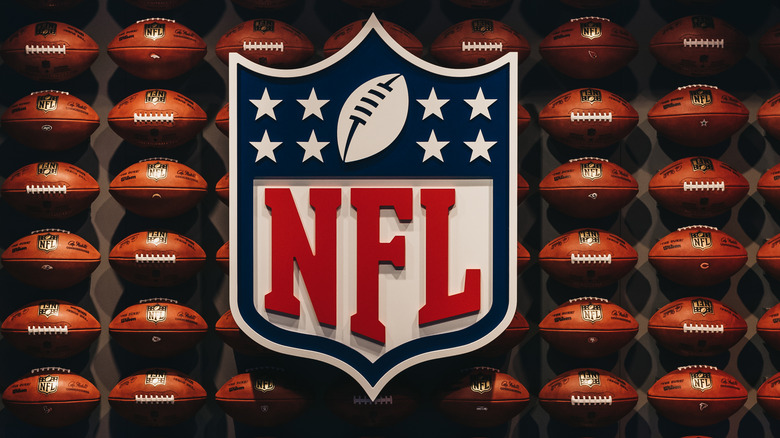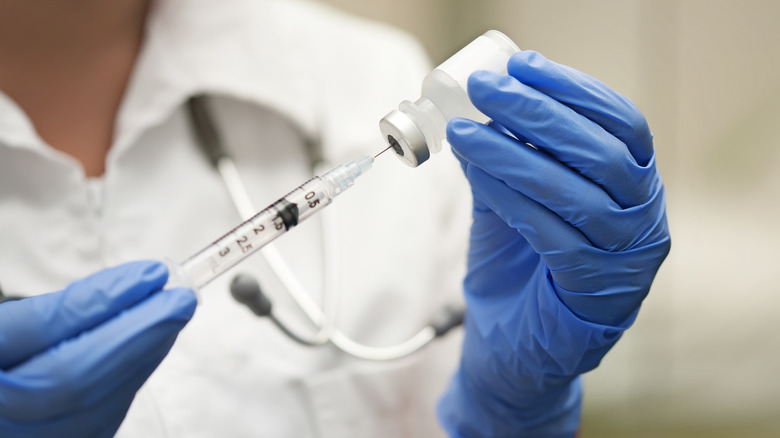The NFL's Toradol Announcement Explained
It's no secret that athletes get hurt. And it's only a slightly better-kept secret that athletes suffer from chronic pain both during and long after their careers. But how do they manage that pain? A recent memo from the NFL Players Association shed some light on that issue. Or, rather, it shed some light on a method they want players to avoid.
Earlier this month the Association sent out a memo which was then confirmed by Ian Rapoport of NFL Network. The memo was shared in a since-deleted tweet, but several news outlets were able to grab quotes from the memo as well as the overall content of the announcement, including NBC Sports.
The memo stated that players needed to limit the use of the painkiller Toradol. It went on to specify that the drug should only be used after specific and acute injuries rather than as a way to avoid "anticipated pain" prior to any practice or game. And when the drug is used, the memo adds, it should only be used in its oral form rather than as an injection.
Healthline explained that Toradol is not an opioid and is not addictive. It is just an incredibly strong painkiller. In this case, however, addiction is not the concern. NFL players are advised to avoid the drug because it can cause excessive bleeding. But there are side effects even more worrisome that players – and anyone else using the drug – should consider.
Toradol trouble
Excessive bleeding is definitely something athletes want to avoid, especially those in a contact sport. The NFL Players Association's memo went into detail on this point, saying that Toradol should only be used for specific injuries that aren't expected to cause any bleeding, whether internal or external.
This is a far cry from the general use described by Albert Haynesworth when he was interviewed by Paul Kuharsky in May, as covered by NBC Sports. The interview came after Haynesworth, a retired defensive lineman, underwent a kidney transplant. His kidney gave out, he said, mostly because of the substances NFL players were encouraged to use. "Everybody used to line up to get their Toradol shots and take the pills afterward," he told Kuharsky.
The FDA's Toradol warning label seems to back him up. The drug is not meant to be taken by anybody with weak or damaged kidneys, which would include anyone taking a lot of drugs that have to be processed through the kidneys. Toradol also carries risk to the digestive system and the cardiovascular system in addition to the bleeding risk mentioned in the NFL memo. The warning label says that it should be taken for no more than five days and only by adults. And its use for chronic pain is specifically advised against, making the NFL's recent warning both important and troubling given the drug's regular use among players.


